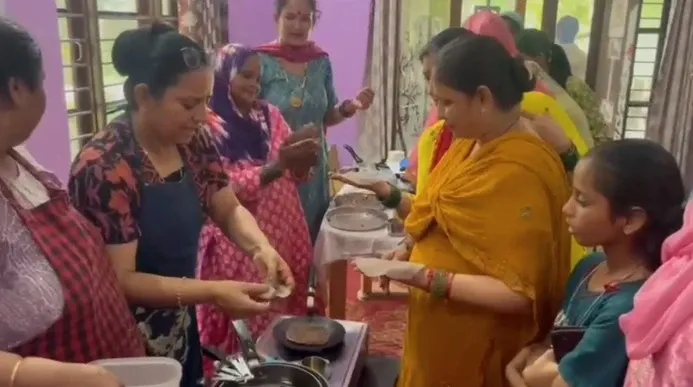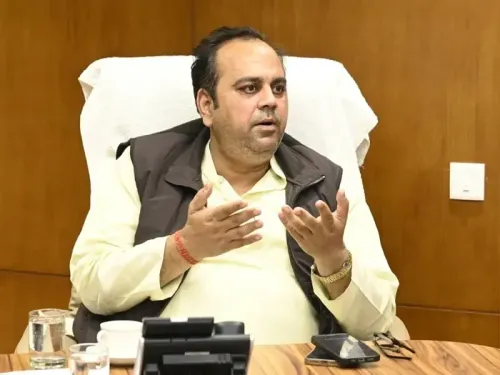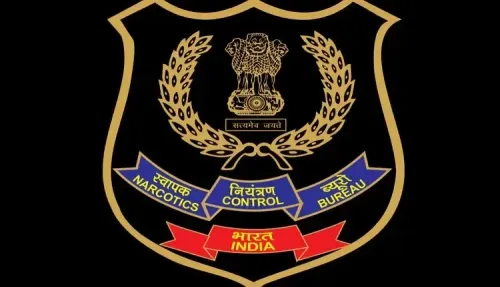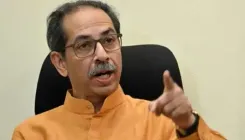How is the Namami Gange workshop in Himachal promoting coarse grains and women's self-reliance?

Synopsis
Key Takeaways
- Women empowerment through education on coarse grains.
- Promotion of healthy eating habits.
- Focus on environmental sustainability.
- Encouragement of entrepreneurship among women.
- Integration of traditional practices in modern lifestyles.
Sirmaur (Himachal Pradesh), Aug 10 (NationPress) As part of the Central government's Namami Gange Project, the Wildlife Institute of India hosted a workshop in Nahan, located in Himachal Pradesh's Sirmaur district, with the aim of enlightening women from self-help groups about various edible products crafted from coarse grains.
Initiated in 2014, the Namami Gange programme is a comprehensive conservation mission with a financial allocation of Rs 20,000 crore. Its primary goal is to rejuvenate the Ganga and its tributaries, such as the Yamuna, which traverses through Himachal Pradesh.
This flagship initiative of the Modi government emphasizes pollution control, conservation efforts, and the revival of the river ecosystems.
During the workshop, specialists provided insights to rural women about the nutritional and ecological advantages of coarse grains, alongside practical training in preparing various dishes from these grains.
Project Coordinator Anupama shared with IANS, "The Namami Gange Project, initiated by the Wildlife Institute of India, is focused on creating Ganga Praharis dedicated to maintaining the cleanliness of the Yamuna and Ganga. Additionally, they are being educated on the benefits and usage of coarse grains through a program named Jalaj."
"In this initiative, women from self-help groups in Rampur ghat have learned to prepare diverse food items with coarse grains. These women can utilize them for household purposes and also achieve self-sufficiency by selling these products," she elaborated.
The project coordinator highlighted that coarse grains are not only beneficial for the environment but also promote a healthier lifestyle.
"After acquiring knowledge about these food items, the women expressed enthusiasm and found the initiative immensely beneficial. While it is essential to incorporate coarse grains into our diets, we must also pursue their cultivation through organic farming," she added.
She noted that including coarse grains in daily meals can enhance health while economically empowering women through entrepreneurship.
"This initiative is commendable as it connects environmental sustainability with women’s self-sufficiency," she stated.
Participants of the workshop also praised the initiative as a significant step towards adopting a healthier lifestyle.
A woman involved in the program told IANS, "We are overjoyed that we are being enlightened about so many subjects. We can embrace a healthier lifestyle."
Another participant remarked, "We gained invaluable knowledge today. We hope these initiatives persist so we can continue learning new things."










